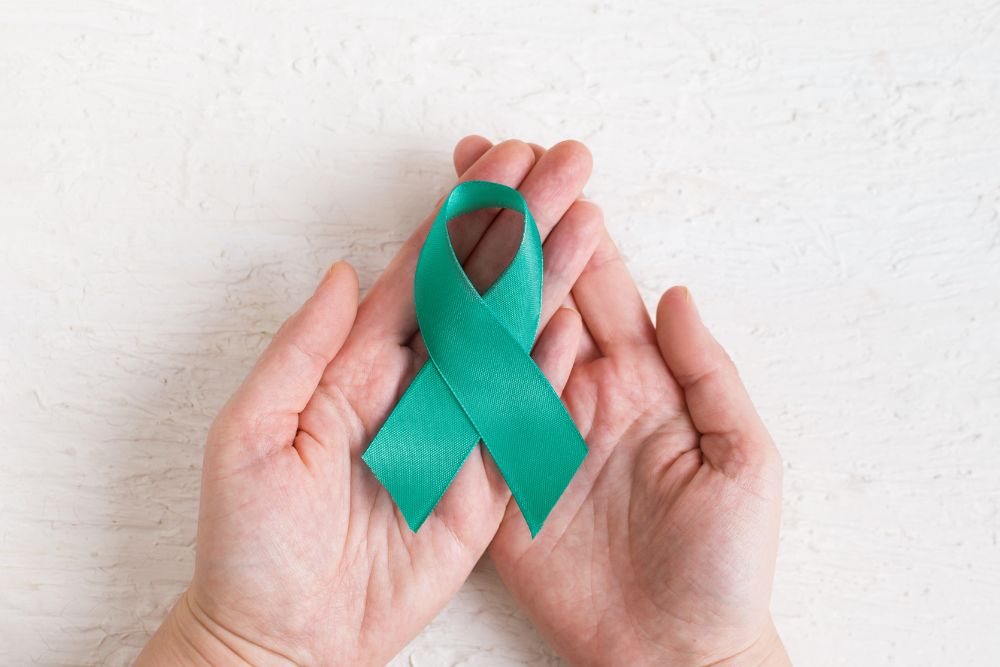Infertility and Your Mental Health: What’s The Relationship?


When it comes to infertility and your mental health, there are a lot of myths thrown around as fact. For as long as couples have struggled with infertility, stress or anxiety have been blamed. “Just relax and enjoy it” has been the go-to advice given to many couples trying to conceive. Roughly 10%-15% of couples struggle with fertility in some way. In a society with a much more nuanced view of stress and fertility, we can take a more critical look at the relationship between infertility and your mental health.
Can Mental Health Disorders Cause Infertility?
There is a long-standing association between infertility and struggling with mental health. Many couples trying to conceive struggle with their mental health, and the longer the process takes the stronger the effect often is. Women who struggle with infertility report higher rates of depression, bipolar disorder, anxiety, eating disorders, and other psychotic disorders. This often begs the question of which can cause which.
To this point, there isn’t a scientific consensus on the idea that mental health disorders, like major depressive disorder or anxiety disorders, can cause infertility. There is significant data to suggest that the two are heavily correlated and that infertile women struggle more with depression than infertile men. Several studies have suggested that the associated indirect symptoms of mental health disorders, such as low libido and increased rates of substance abuse, are more to blame for struggling to conceive than the psychological disorder itself.
What About Stress?
Much in the same way as mental health disorders, stress and infertility can be connected. For many couples, trying to conceive can be a stressful endeavor. Some may feel associated with stigmas and embarrassed if they are unable to become pregnant easily, and that can create feelings of anxiety and stress. While not a diagnosable condition, chronic stress is known to affect one's quality of life, and have other associated medical conditions.
The relationship between stress and infertility is one of great debate in the scientific community. There are a number of studies on the different impacts stress has on pregnancy rates and the different environmental factors associated with both fertility rates and chronic stress. Some suggest that high levels of stress hormones, like cortisol, can negatively affect fertility chances.
Moreover, much like many mental health disorders, indirect effects of stress can make getting pregnant more difficult, and exacerbate your stressors. Abuse of tobacco and alcohol, poor sleep, and hormonal changes can all make the fertility experience worse, and may even lead to more serious medical conditions.
Can Infertility Cause Mental Health Disorders?
It's very common for mental health disorders to develop as a result of infertility. Trying and being unable to conceive after a while can be profoundly upsetting, and that trauma is known to cause psychological conditions like depression and anxiety. While many couples can conceive after fertility treatments, there can be significant concern over the effectiveness or cost of treatment, which can aggravate an already anxious mind.
What Can I Do Going forward?
While unfortunate, it may be comforting for some to know that many other couples share their anxieties about fertility. Often, couples keep fertility issues a secret, which can cause them to feel isolated in their struggle. However, infertility and related mental health concerns are very common, and there are support communities for those struggling. Whether you’re looking to help a couple struggling to conceive, or are worried about your own pregnancy abilities, there are a number of things you can do to help.
Consider Alternatives
If getting pregnant yourself is becoming overwhelming, you can look into other options. For some couples, understanding infertility can lead to using a surrogate. This can provide couples the wish fulfillment of starting their family without any of the stresses of trying to conceive themselves. Adoption is also another common option for some couples to explore.
See A Mental Health Professional
If trying to get pregnant is affecting your mental health, talking to a mental health professional can help to manage your stress. Even if you decide that you will no longer try to get pregnant, protecting your mental health is important for your overall wellbeing. Speaking with a psychiatrist online can help you to manage any mental health concerns, and can make the fertility journey easier for you.
Become an Ally
Whether you’ve experienced infertility yourself, are a surrogate, or have never even tried to conceive, becoming a fertility ally can help raise awareness for those struggling. Normalizing conversations about infertility and associated stresses can make people feel more comfortable sharing their stories and make those experiences feel less overwhelming. Participating in support groups, advocating online, or directly supporting those closest to you can help to eliminate stigmas around fertility, and protect the mental health of those trying to grow their family.
Bottom Line
Getting pregnant can be incredibly difficult or impossible for some couples, and unfortunately, this can have a dramatic effect on their mental health. While we don’t know if this can directly affect the chance of becoming pregnant, we do know that it makes the entire experience feel draining and isolating. If trying to conceive, be sure to share your mental state with those closest to you and know you’re not alone in this.


